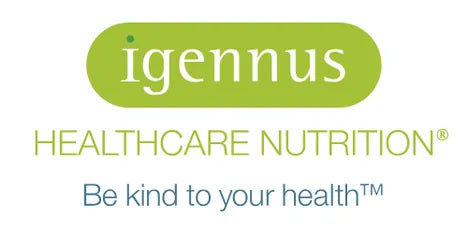speaker: Dr nina bailey
date: january 11, 2017
Igennus are excited to announce the launch of our new product, Longvida® Curcumin. During this webinar, Dr Bailey reviews the research behind the therapeutic use of curcumin and why Longvida is the world’s most advanced formulation of the nutrient.
Curcumin is a polyphenol compound obtained from the rhizome of Curcuma longa, also known as turmeric. This Indian spice has a long history of use in Ayurvedic medicine as a treatment for inflammatory conditions. Curcumin is well documented for its antioxidant, anti-inflammatory and anti-cancer activities. Although it has been shown to be safe at high doses (12g/d), it is poorly absorbed, undergoes rapid intestinal and hepatic metabolism and is rapidly eliminated from the body. As such, standard curcumin demonstrates poor bioavailability, even at high doses, limiting its therapeutic potential.
After much research and discussion (it’s a big and complicated topic!) between the Igennus nutrition scientists, the decision as to which type of curcumin we would use for our Synergistic Nutrients range was actually a very straightforward one. Longvida Curcumin utilises a novel delivery system (SLCP), which protects curcumin from the harsh environment of the stomach and promotes its rapid absorption into the bloodstream and target tissues, even at low doses – resulting in an incredible 285x superior bioavaibility compared with standard curcumin, 65x higher peak plasma levels and 7x longer-lasting action. Longvida is the only formulation proven to deliver high levels of free form, unconjugated curcumin, into the bloodstream. Free form curcumin is the form required for therapeutic benefits, and the only form proven to cross the blood brain barrier.
This webinar covers:
- What curcumin is, what it does and how?
- Why free form curcumin is essential for therapeutic effects
- The research and current evidence for Longvida Curcumin’s unique health benefits
- How Longvida overcomes significant bioavailability issues associated with curcumin use
- To who, why and when you should recommend curcumin



